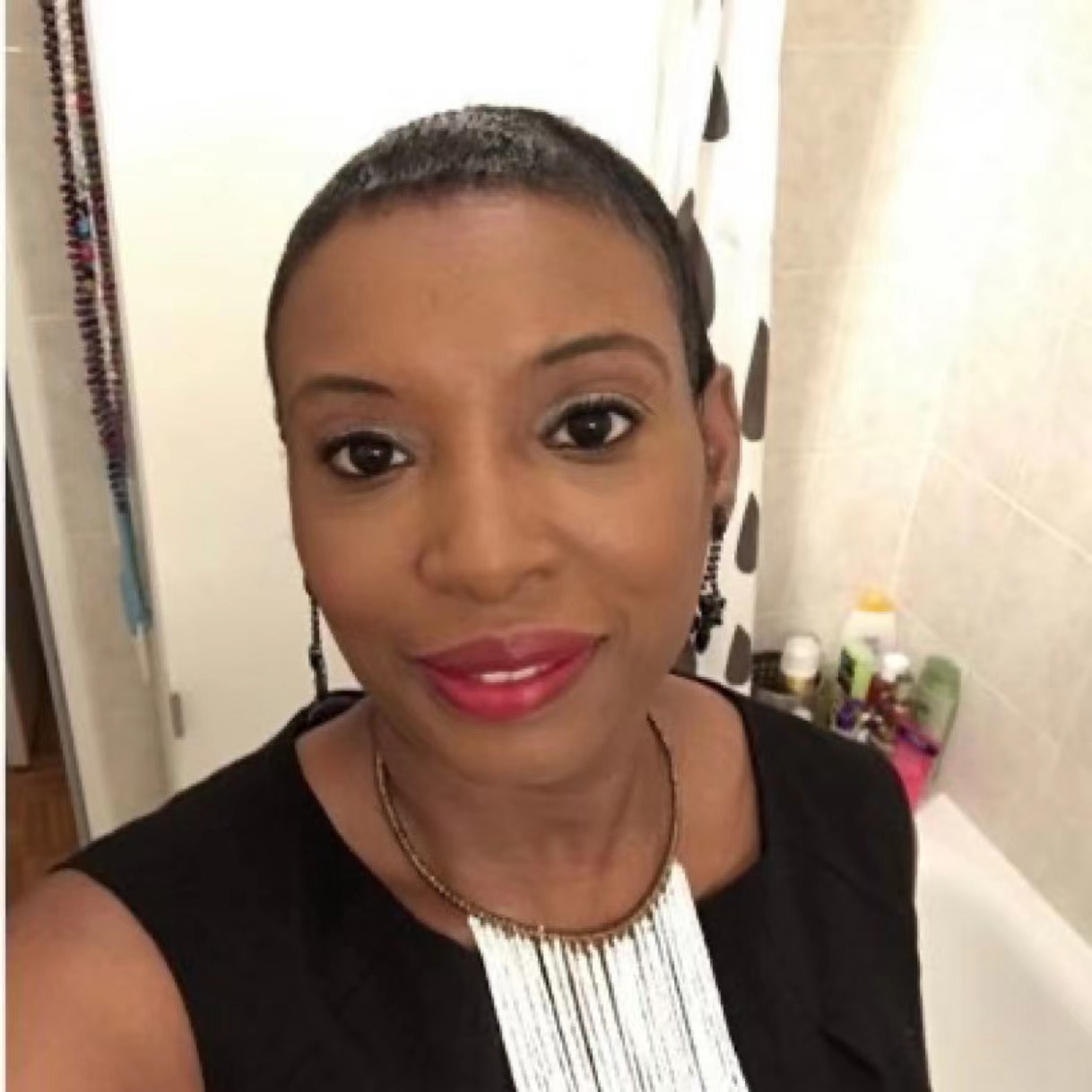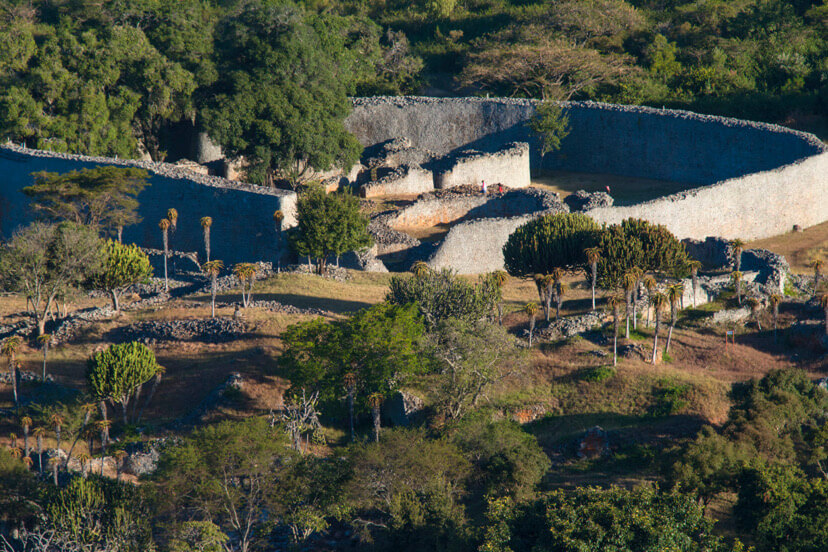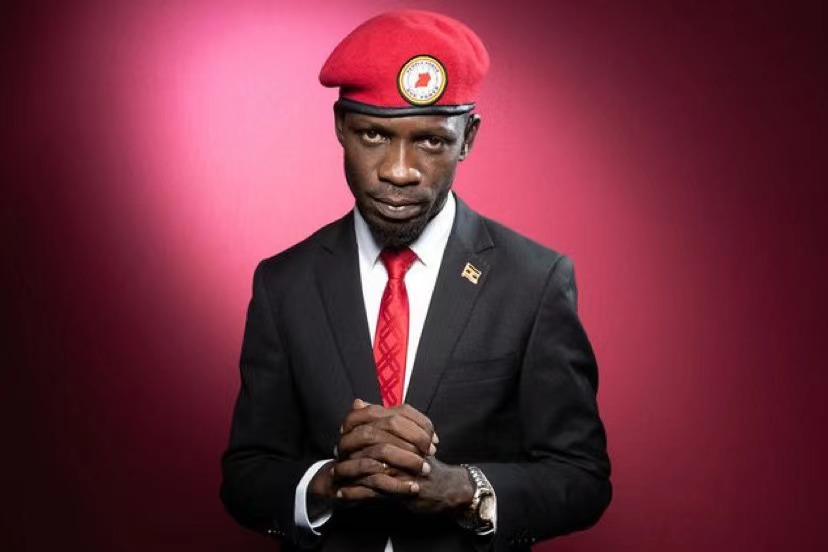I write about racism, but there are so many other things I would like to write about instead. Help me dismantle racism so that I can get to that.
Finally shatters the myth that we live in trees in Africa.
Whenever I am asked where I’m from, I say with great pride that I’m from Sierra Leone in West Africa. Most often, I get a blank stare because few people actually know where that is. At other times, I get a bewildered look as if to say: “Why are you so proud, your country is so poor, it’s a Third World country”.
Arg, that Third World label, I don’t think I hate anything more than that. It’s as if we who live in Africa are third rate, not as good as those who live in what I guess is the “First World” which happens to be Europe, the US? I don’t know about you, but the questionable way in which Covid 19 is being managed in many so-called “First World” countries as compared to Africa, actually has me thinking that they may not be that first worldly after all, but here I digress.
I’ve waited long enough for Young, Famous, and African. I had to watch show after show about absurdly rich Americans, Chinese and Indians, before Netflix finally decided it was time to bring together two adjectives that have long been considered polar opposites by white and even Black audiences since forever: “rich” and “African”.
And my oh my does the show deliver. And yes, in some areas, it does go over the top. Not everyone in Africa has a garage full of Lamborghinis, Mercedes, and Ferraris. Not everyone, but some do, and this is exactly the point I want to make. There is a myriad of different Africas like there is a myriad of different Americas. There is a rich Africa and a poor Africa, an urban Africa and a rural Africa, hungry Africans and well-fed Africans. Like in the US, there are multiple facets to Africa and it’s important for the world to finally see this.
Young, Famous, and African contains that same absurd tinge so characteristic of the lives of the rich and famous anywhere and everywhere, from Los Angeles to Lagos.
There are exquisite parties in dream-like settings where premium champagne seems to run from taps, there are luxury cars, sumptuous mansions, beautiful eye-popping designer evening gowns, and gorgeous, elaborate hairdos. It’s a peek into the scandalous lives of the rich and famous with its superfluous dramas and fake innuendos. But, it does one important thing, it allows us to go beyond the stereotypes of a poor, needy Africa, and I don’t know about you, but I’ve waited a lifetime to see that.
Young, Famous, and African follows the tried and tested recipe of many other reality shows: drama, but some of the themes addressed are taken from a different angle. One, in particular, is the theme around infidelity — Diamond’s in particular. In short, the guy has never been faithful to any of his partners and has four official children and two unofficial ones?
He openly talks about his infidelities and his need to “hunt” — yes women that is. His friend doesn’t think there’s anything wrong with being unfaithful, the only mistake is “getting caught”.
The women on the show, like Annie, that have suffered from infidelity are vulnerable and express their emotional pain quite openly. The whole theme around the wrongdoer and the wronged provides an unquenchable source of drama that the show milks over and over.
But, while the characters portray a western lifestyle, hence western values of monogamy, many of them hail from cultures where polygamy is tolerated and even fully embraced. The men are unfaithful according to western standards, but they have been raised to believe that it is their birthright to have multiple partners.
The show does a poor job explaining or maybe even intentionally so omits the topic of monogamous vs polygamous mindsets to provide dramatic, salacious content to western viewers who then judge the characters by western standards and hence come away thinking all African men are promiscuous and unfaithful — which is again untrue. Not all African men are.
So while I am happy that the series shows another facet to Africa, I’m also concerned that it may reinforce negative stereotypes about African men.
So I’m not going to say the show is perfect because it isn’t. But it does a lot to remove that stereotypical image of a war-torn, disease-ridden, hopeless Africa that many believe the continent is in its entirety.
Thank you for reading my perspective.











{{username}}{{commentConvertedTime}}
{{commentText}}